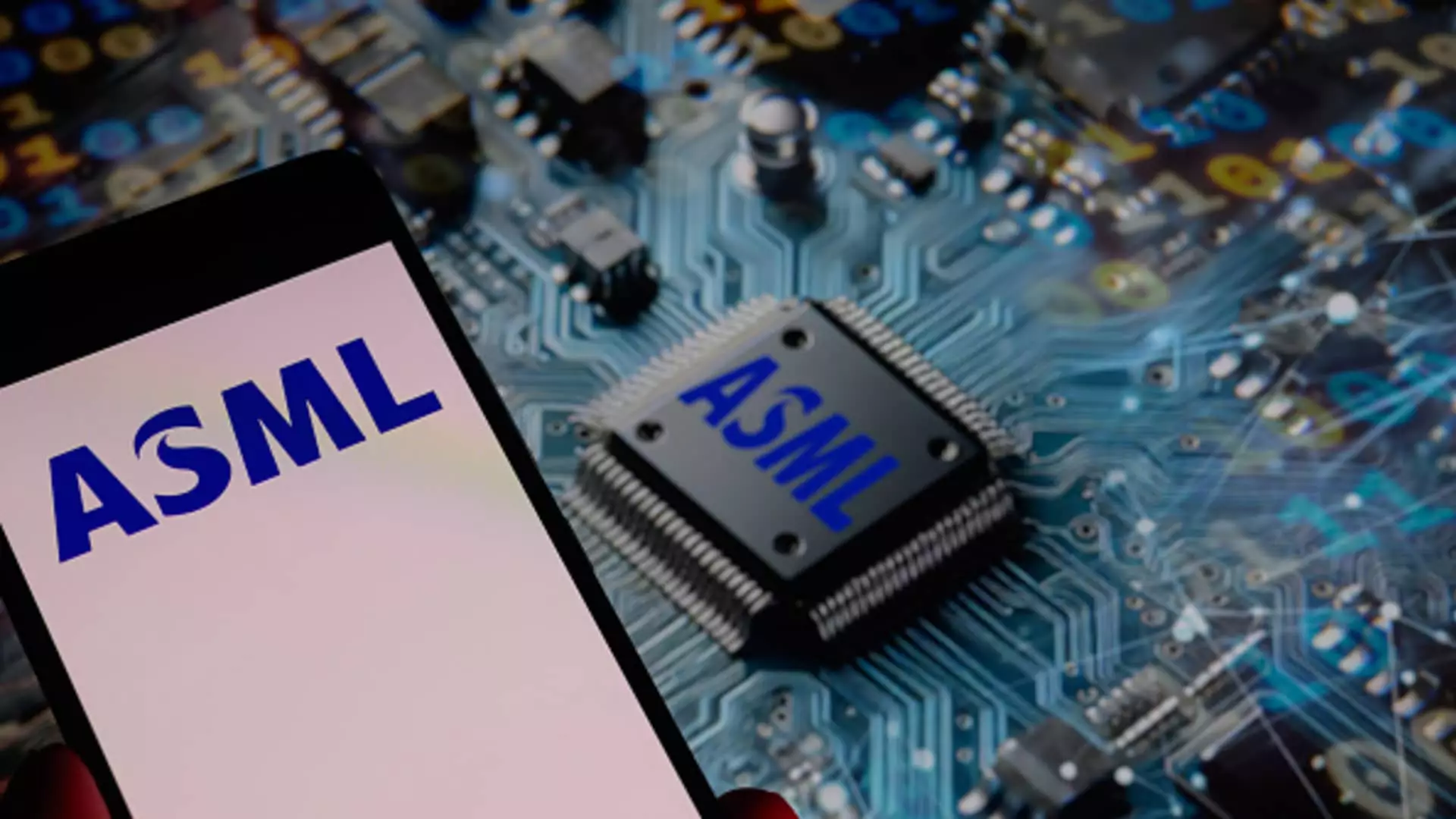The Dutch government recently made an announcement regarding the expansion of export restrictions on advanced semiconductor manufacturing equipment. This decision brings more machines from ASML under curbs, requiring companies to apply for a license to export their gear out of the country. These new restrictions are seen as a national security requirement by the Netherlands, especially in the current geopolitical context.
Reinette Klever, the minister of foreign trade and development for the Netherlands, stated that the decision was made for security reasons. The government recognizes that technological advances have led to increased security risks associated with the export of this specific manufacturing equipment. This move comes after the Dutch government introduced its first major export restrictions on advanced semiconductor equipment exports last year.
The U.S. also recently rolled out new export controls on critical technologies, including quantum computing and semiconductor goods. This has prompted allied countries like the Netherlands to implement similar export curbs on key chipmaking tools. ASML, being one of the most important semiconductor companies in the world, has a critical role in the production of advanced chips, making the Netherlands a key focus for U.S. policymakers.
ASML produces two main types of tools – extreme ultraviolet (EUV) lithography machines and deep ultraviolet (DUV) lithography machines. EUV lithography machines are necessary for the production of cutting-edge chips used by companies like Taiwan Semiconductor Manufacturing Co. On the other hand, DUV lithography machines are used for manufacturing memory chips found in various electronics, from laptops to phones. Both sets of machines were subject to Dutch government restrictions last year.
Impact on ASML
With the expanded restrictions, ASML’s TWINSCAN NXT:1970i and 1980i DUV immersion lithography systems will now require a license from the Dutch government to be exported. This move may have implications for ASML’s operations and global trade flows as the company plays a crucial role in the semiconductor industry.
The Dutch government’s decision to expand export restrictions on semiconductor equipment is a reflection of the evolving security landscape and the importance of safeguarding critical technologies. ASML’s position as a key player in the semiconductor industry has made the Netherlands a focal point for export controls. It remains to be seen how these restrictions will impact the global semiconductor supply chain and the future of advanced chip manufacturing.


Leave a Reply